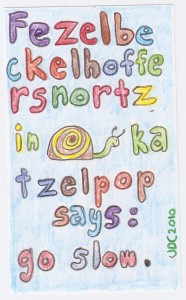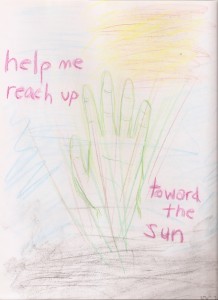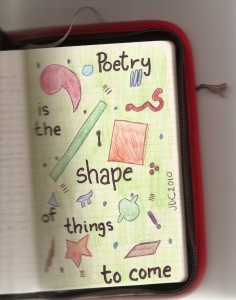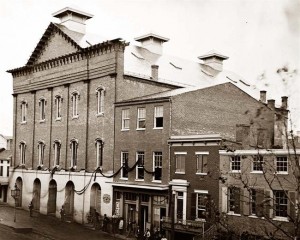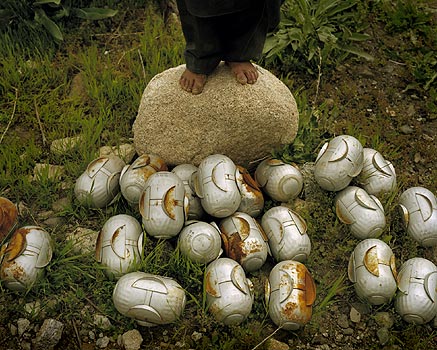Listen to this poem using the player above.
This is poem #29 for the November Poem-A-Day challenge. Today’s prompt was to write a “next steps” poem.

“Lost Man” by Michel Rajkovic
a lost man wonders what to do next,
decides to gamble it all on one throw of the dice
Hell with it, he thinks
putting down the last of his money
on the airline ticket counter
nothing ventured, nothing gained
no guts, no glory
know Jesus, know peace
that last one doesn’t fit
so many things don’t fit
the timing isn’t quite right
in fact, it’s wrong in a tragic
Hollywood or Shakespeare
sense, the kind of wrong
that is worse because it’s so
close to right
it’s almost there, it’s Maxwell Smart
missing it by “that much”
fingers held close together
the width of a telephone line
the ticket agent looks up
asks him where he’s going
a fine question, that
go west, young man
pack up your troubles
in your old kit bag
search the desert for treasure
scale the mountains
plumb the valleys
find the other half of your heart-
shaped locket, the one made
from an actual human heart
